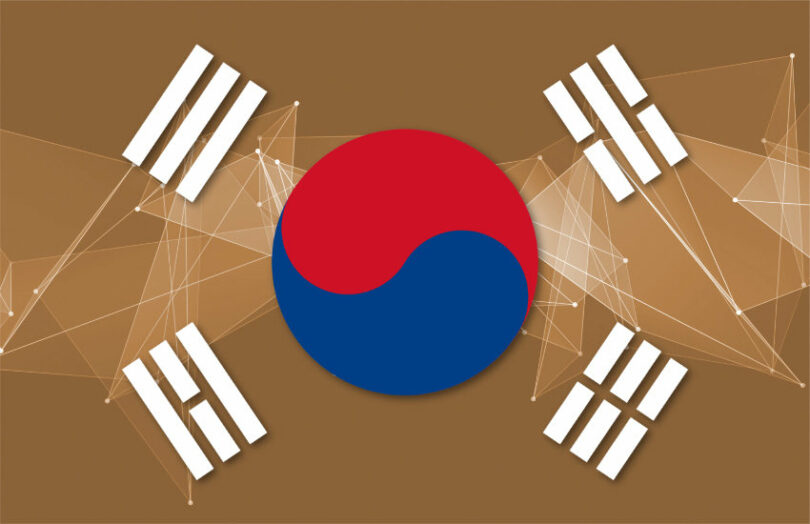Yesterday the Korean Ministry of Science and ICT and the Korea Internet & Security Agency (KISA) announced an investment project to promote the domestic blockchain industry. It is committing Won 20 billion ($14.5m) across 14 projects. One of the larger public sector projects relates to central bank digital currency (CBDC) and digital vouchers.
That initiative was amongst just three projects awarded a budget of Won 3 billion ($2.2m). Last year the Bank of Korea unveiled a wholesale CBDC project to support tokenized deposits. The bank tokens will likely be the focus, with the CBDC used purely for interbank settlement.
The central bank is developing a voucher program for use on smartphones, which can be used for welfare, culture, education and other services. Today most vouchers are based on paper or plastic cards. They are also prone to fraud. Using a digital application aims to address fraud and make the settlement process far easier.
This project sounds similar to the Singapore purpose bound money (PBM) trials, which also include tokenized bank money. With conventional vouchers, there’s a whole process for merchants who collect them from customers, batch them up and submit claims for the discounts they’ve awarded at checkout. Instead with these digital currency initiatives, the seller receives instant payment as soon as the voucher is presented. That way there’s no batching, claims or reconciliation needed.
However, if you think about how point of sale registers work, you might need to log a different type of payment because the payment isn’t cash, card or a mobile wallet. If the Korean initiative doesn’t target everyday retail payments, it may sidestep that issue.
At a big picture level, these sorts of applications could encourage far broader use of vouchers because they remove so much friction.
Other Korean blockchain promotion projects
Meanwhile, the Korean ‘Blockchain Industry Promotion Strategy’ will support six public sector projects and eight private sector ones. The other public sector project with a Won 3 billion budget is for digital badges to certify academic achievements or work experience. The Korea Employment Information Service plans to integrate with the major job portals to make the digital badges useful.
Amongst the eight private sector projects, only CP Labs was awarded a Won 3 billion budget. For companies that don’t want to hire specialist staff, it aims to enable blockchain services through simple API linkages. The hope is it will reduce development time and costs. However, this is only likely to work for standardized services – such as credentials, traceability and potentially payments.







